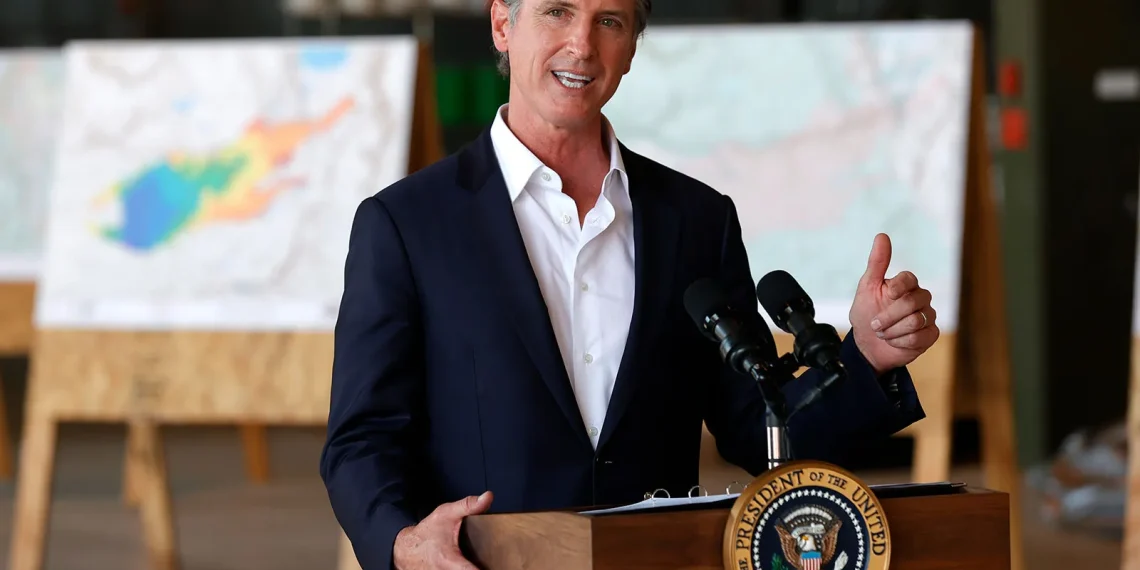Governor Gavin Newsom has enlisted the expertise of some of the world’s foremost AI specialists to help California establish effective guidelines for the deployment of Generative AI (GenAI). The initiative emphasizes developing an empirical, science-based analysis of frontier AI models, their capabilities, and the associated risks. This collaboration aims to align with legislative efforts in the upcoming session.
Building on the foundation laid by the Governor’s 2023 executive order, California will collaborate with Dr. Fei-Fei Li, Tino Cuéllar, and Jennifer Tour Chayes—leading figures in AI research and ethics. These experts emphasize the importance of balancing innovation with safety:
- Tino Cuéllar, president of the Carnegie Endowment for International Peace: “Frontier AI brings the potential for enormous benefits as well as real risks that require sustained, careful judgment. I look forward to working with California to get the balance right in the days and months ahead.”
- Jennifer Tour Chayes, Dean at UC Berkeley: “It is critical we nurture a robust innovation economy and foster academic research. This is how we’ll ensure AI benefits the most people, in the most ways, while protecting from bad actors and grave harms.”
- Dr. Fei-Fei Li, Co-Director, Stanford Institute for Human-Centered AI: “Safe and responsible AI is essential for California’s vibrant innovation ecosystem. To effectively govern this powerful technology, we need to depend upon scientific evidence to determine how to best foster innovation and mitigate risk.”
The Newsom Administration will also engage with academia, labor stakeholders, and the private sector to explore the application of GenAI in the workplace. This effort underscores a commitment to public-private partnerships and innovative government procurement strategies.
Governor Newsom has signed legislation mandating California’s Office of Emergency Services (Cal OES) to assess threats posed by GenAI to critical infrastructure. This includes energy, water, and communication sectors, ensuring comprehensive risk management.
Governor Newsom also vetoed SB 1047, citing concerns that it applied stringent standards universally rather than focusing on high-risk AI deployments.
California’s leadership in AI is further exemplified by several bills signed to address AI-related issues, including child protection, digital likeness, and election integrity. Notable legislation includes:
- AB 1008: Clarifies the inclusion of AI-stored personal information within the California Consumer Privacy Act.
- AB 1831: Expands child pornography statutes to include AI-generated content.
- AB 1836: Regulates the use of digital replicas of deceased personalities.
- AB 2013: Requires AI developers to disclose the data used for training their systems.
- AB 2355: Mandates disclosure of AI-altered political advertisements.
- SB 896: Requires a risk analysis of AI threats to critical infrastructure and codifies aspects of the Governor’s Executive Order on GenAI.
California continues to lead by example, balancing innovation with ethical considerations to ensure the safe and beneficial deployment of AI technologies. These efforts not only address current challenges but also set a precedent for responsible AI governance.









